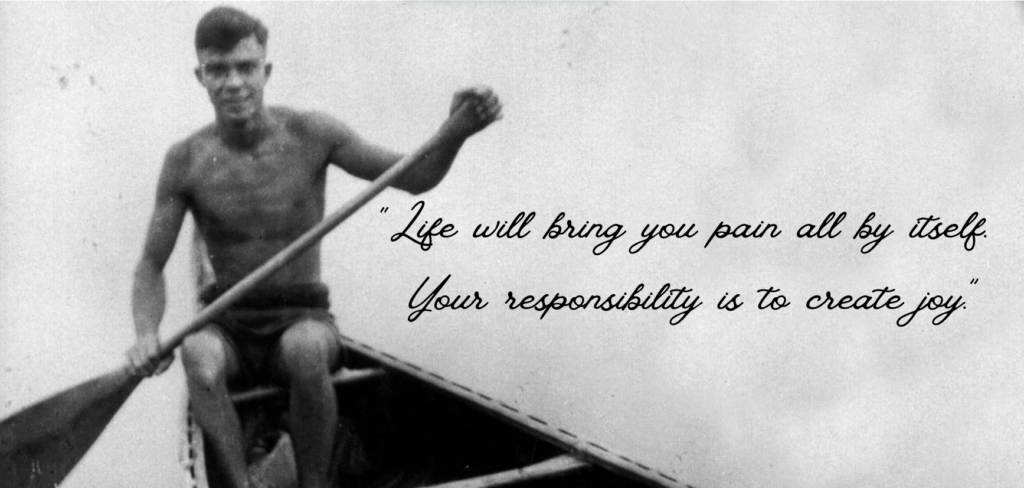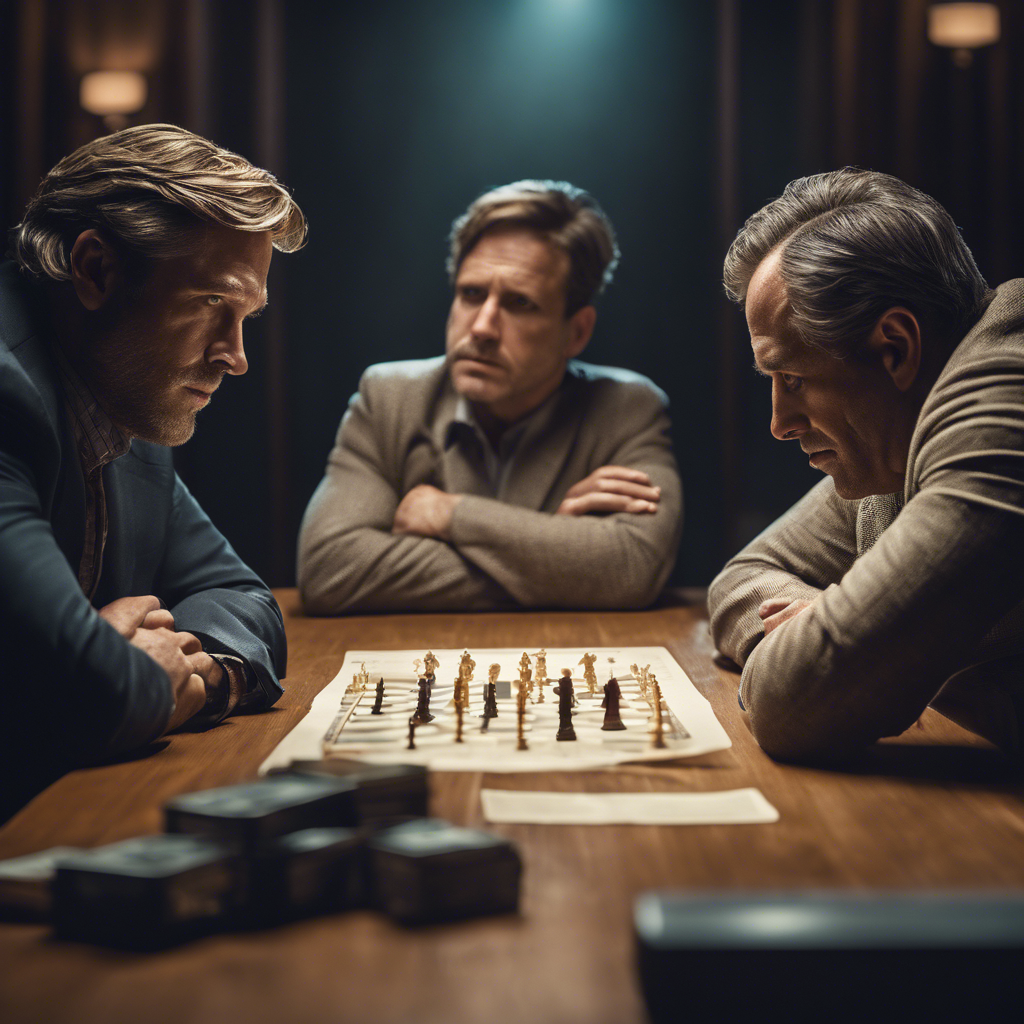Milton H. Erickson, a towering figure in the field of psychotherapy, is celebrated not only for his groundbreaking work in hypnosis and therapy but also for his incredible personal journey of overcoming the devastating effects of polio. His story is one of resilience, determination, and the extraordinary power of the human mind.
The Early Years: A Life Shaped by Adversity
Born in 1901 on a small farm in Nevada, Erickson’s early life was marked by challenges. Dyslexia made reading difficult, and tone deafness kept him from enjoying music. But these early struggles were just a prelude to the monumental challenge he would face at 17.
In the summer of 1919, Erickson was struck by a severe case of polio, a viral infection that attacked his nervous system. The disease left him completely paralysed, unable to move, speak, or even breathe unassisted. Doctors gave him little hope, predicting that he would not survive the night. But Erickson’s indomitable spirit refused to surrender.
Lying in his bed, unable to move anything but his eyes and a single finger, Erickson made a pivotal decision: he would use the only thing he had left — his mind. He began to focus intently on his memories, particularly the physical sensations he had experienced before his illness. He would vividly recall the feeling of contracting and relaxing muscles, moving his limbs and the rhythm of his breathing.
The Power of Visualisation: Rewiring the Brain
As Erickson lay in his bed, he set out on a mental journey that would become the cornerstone of his recovery. He began visualising his body moving, starting with the smallest actions — like wiggling his finger. He imagined the sensation of walking, running, and even swimming. These mental exercises were more than just fantasies; they were deliberate, focused visualisations that engaged his mind and nervous system.
Day after day, Erickson mentally rehearsed these movements, concentrating on every part of his body. Slowly, against all odds, his body began to respond. First, he regained slight movement in his finger, then his arms, and eventually his entire body. Erickson’s approach was not based on any medical treatment of the time but on his deep understanding of the mind-body connection, a concept that would later define his work as a therapist.
Utilising a strong force of will and the power of his mind, Erickson not only survived polio but also regained his ability to walk. This remarkable recovery astounded his doctors and family, but for Erickson, it was just the beginning of a lifelong journey into the mysteries of the human mind.
A Legacy of Healing and Innovation
Milton Erickson’s experience with polio profoundly influenced his approach to psychotherapy and hypnosis. He understood better than most the incredible power of the mind to influence a body, and he used this knowledge to help countless others overcome their own physical and psychological challenges.
Erickson became known for his unconventional methods, often using indirect suggestion, storytelling, and paradoxical interventions to bypass a patient’s conscious resistance and tap into their unconscious potential. He believed that every individual had within them the resources they needed to heal and grow, and his role as a therapist was to help them access those resources.
His work laid the foundation for modern hypnotherapy and had a significant impact on the development of brief therapy, family therapy, and Neuro-Linguistic Programming (NLP). Erickson’s methods were not about fixing what was broken but about harnessing the innate capabilities of the mind to create positive change.
The Mind as a Master of the Body
Milton H. Erickson’s story is a testament to the power of the human mind over physical limitations. His life was a living demonstration that even in the face of overwhelming adversity, the mind can be a powerful tool for healing and transformation. Erickson showed the world that when we tap into the deep reserves of our mental and emotional strength, we can overcome even the most daunting challenges.
His legacy continues to inspire therapists, psychologists, and anyone facing struggles. Erickson’s journey from paralysis to a pioneering therapist is not just a story of personal triumph; it is a universal lesson in the potential present within each of us. It reminds us that, no matter the obstacles, we have the power to redefine our reality through the strength of our minds.



